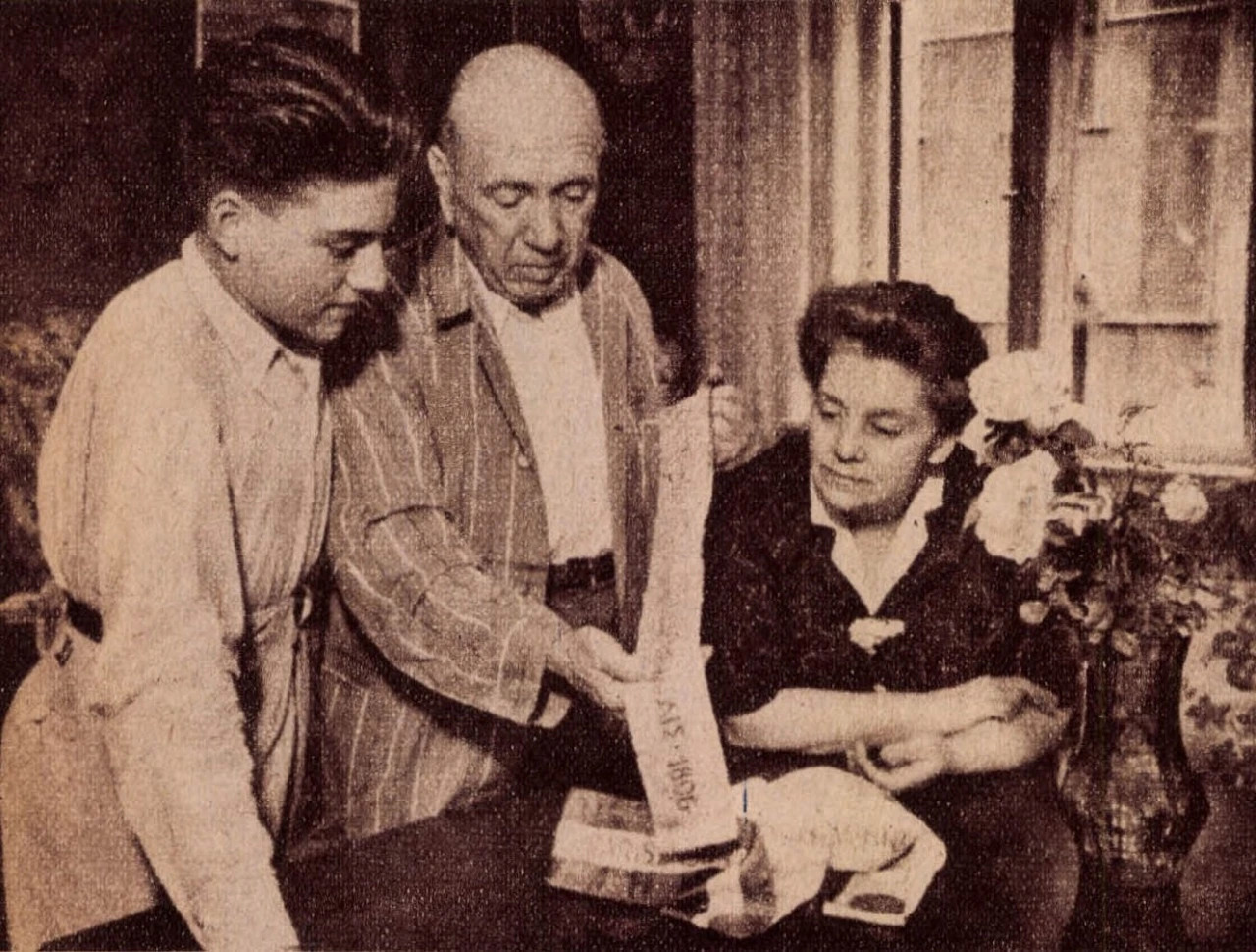The Alan Mason Chesney archives at Johns Hopkins is a repository of historical artefacts for anyone wishing to read personal correspondences, diaries, notes and papers from “the source” rather than a watered down version! One particular collection that I enjoy reading is that of Swiss psychiatrist Adolf Meyers Collection. It’s freely available.
Brief
Why do I like Adolf Meyer?
Anyone who has interned under August Forel at the Burgholzli Hospital is worth looking at! Meyer coined the term “psychobiology” among other great achievements. He was most likely one of the most influential yet least famous psychiatrists of the 20th century. His focus on collecting detailed case histories was one of his most prominent contributions. He was also greatly responsible for applying scientific methods to study mental illness. This archive truly does justice to him.
What can I read in book-form?
His 300 page biography by S. D. Lamb published in 2014 by Baltimore: Johns Hopkins University Press called “Pathologist of the Mind: Adolf Meyer and the Origins of American Psychiatry”
What is his online collection about? (Taken from the Hopkins site)
The Adolf Meyer Collection spans his entire career. Series include personal and professional correspondence, family correspondence, copy books, biographical material, published and unpublished articles, photographs, diplomas, licenses, and honorary degrees. Much of the professional correspondence is with prominent individuals in early twentieth-century psychiatry. Scientific notes and records pertain to Meyer’s research and teaching, and are categorized according to his place of residence: Chicago (1892-1893), Kankakee (1893-1895), Worcester (1895-1902), New York (1902-1909), and Baltimore (1910-1941). Other materials include teaching manuals, patient records, and institutional records, the majority of these dating from his years as Professor of Psychiatry at Johns Hopkins. The professional materials are complemented by a rich family correspondence that begins in his youth as well as by diaries and other biographical items. Many documents are in German. The collection is among the largest of its kind in the United States and constitutes a major resource for the study of twentieth-century American psychiatry and related fields.





